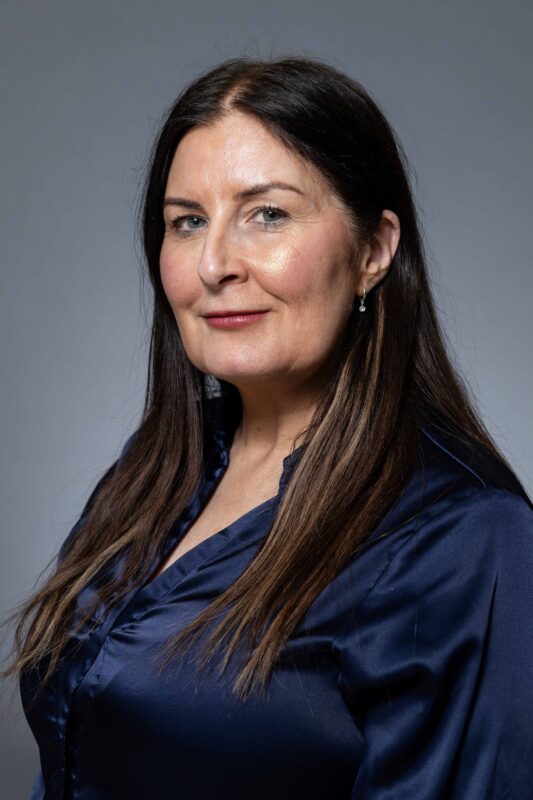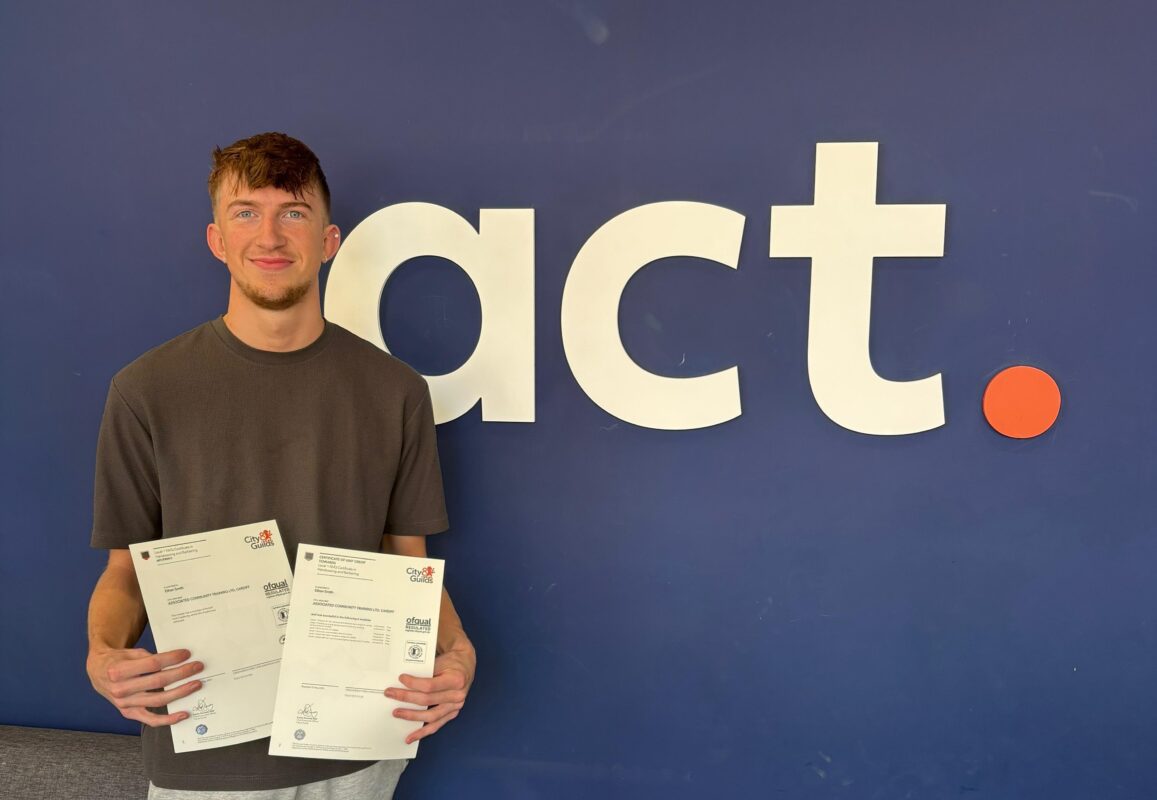How to Manage Your Mental Health on Results Day – GCSE and A-Levels

Tips from @drniharakrause @stem4org on how to manage your mental health on Results Day – GCSE and A-Levels
With GCSE and A-level exams cancelled this year due to COVID-19, young people have experienced unprecedented levels of worry surrounding their education, results and future direction. As results day approaches, Dr Krause has issued the following tips for maintaining positive mental health. These tips will help young people, their friends and parents/carers navigate the anxiety, uncertainty and inevitable highs and lows of results day.
Collecting Your Results
Most people get anxious in advance of results day. Though some people may also feel excited, the day can be stressful, particularly if you don’t do as well as you hoped. Here are some tips to help you prepare for unexpected results and know how to cope if things don’t go to plan:
- Exams are a measure of your school work and test performance, they are not a statement about who you are. So, ditch negative thoughts about yourself – for
example – if your results are disappointing it doesn’t mean you are too. You can work on managing your performance differently next time. - You can always find alternative ways to getting to where you want to get to, regardless of your results, with hope and persistence.
- Cliché, but it is absolutely true that the best way to learn is through mistakes. As the saying goes, failure is not about falling, it is about not getting up after you fall. Keep trying, success will come in different forms but it will happen.
- Sometimes not getting what you set out to get provides other opportunities you never considered.
Waiting for your exam papers to be re- marked? Manage the anxiety of waiting by keeping yourself busy, avoiding lots of negative predictive statements such as ‘I know I’m going to get it back with an even more negative mark’ and do some breathing/relaxing. The stem4 Clear Fear app has a number of techniques to help manage anxiety.
Results & Friendships
Getting results at the same time as your friends can be tricky, here are some tips to help you be sensitive to others as you pick up your results:
If your friend has done well in their exams and you haven’t, try not to let anger or jealousy get in the way of your friendship. Instead, tell them you feel sore and work
out how you can both focus on a shared interest or experience.
If you have fared better than your friend, don’t put down your performance or the exams (for example, ‘I didn’t study that hard’ or ‘those exams must have
been easy’/ ‘the pass mark must have been low’) – that makes it even harder for your friend.
Try not to make cutting remarks or joke about your friend’s performance or how sad they are.
Try to be empathetic – this is about trying to put yourself in their shoes and feeling what they might be going through. This is different to sympathy. A friend who is empathetic will try and feel what their friend is feeling and find out how they would like to be supported, rather than a friend who is sympathetic who might say things like ‘never mind’ or ‘it’s not that bad’ or ‘I’m sorry you didn’t do as well’ none of which may be comforting.
Do celebrate good results but try not comment too much about your grades.
For Parents and Carers
Parents and carers need to prepare for exam results too. Here are some tips to help you support your child:
- If the results positive and everyone is pleased, set aside time to celebrate their achievement and acknowledge the impact of their hard work.
- If the results aren’t as expected, or feel negative, it’s important that you show your young person that you are not disappointed in them.
- Parents and carers should be open to listening. Avoid criticism or blame and instead try to acknowledge your young person’s feelings.
- Parents and carers play a vital part in helping young people pick themselves up and continue on their journey. Help them to build confidence by problem solving and showing you believe in them. Share the tips for young people above and help them to build resilience by letting them learn from failure.
Dr Nihara Krause, Consultant Clinical Psychologist, stem4











Responses